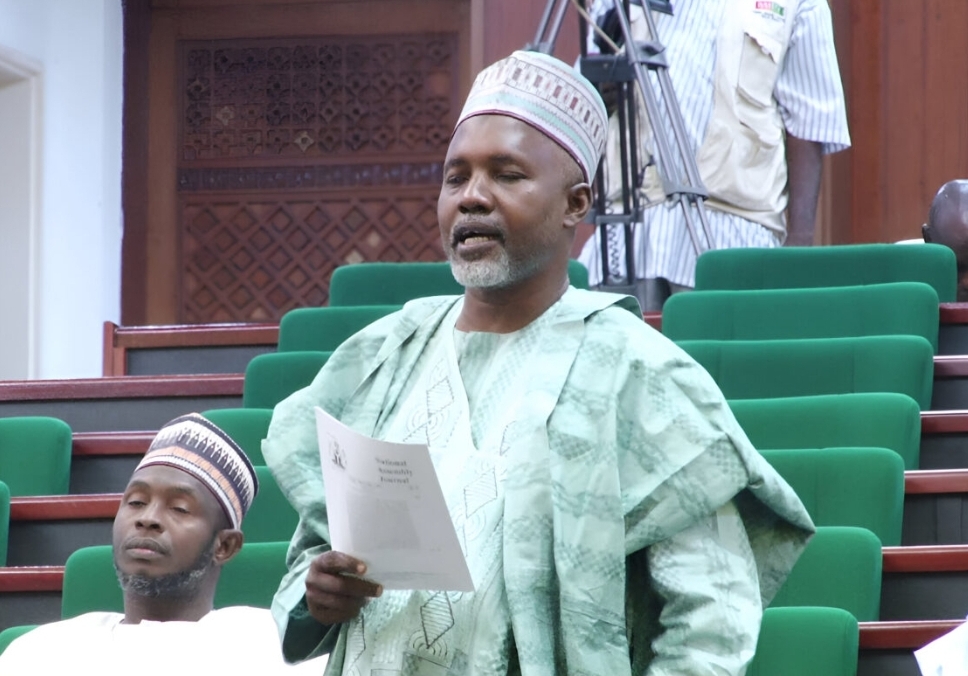[Campus Business]: In response to recent public concerns, the Federal Ministry of Education has firmly stated that there is no ban preventing students under 18 years of age from participating in the West African Senior School Certificate Examination (WASSCE) or National Examinations Council (NECO) exams.

This clarification comes following a misunderstanding related to comments made by the Minister of Education, Prof. Tahir Mamman, which sparked debate about age restrictions on these critical exams.
At an event held in Abuja to mark the 2024 International Literacy Day, the Minister of State for Education, Dr. Yusuf Sununu, addressed these concerns. Dr. Sununu explained that the ministry’s recent discussions were focused on the minimum age for university admission, not secondary school exams.
Misinterpretation of the Policy
Dr. Sununu expressed disappointment at the public’s misinterpretation of Prof. Mamman’s earlier statements. He made it clear that the age 18 policy refers to the recommended age for entry into tertiary institutions, in alignment with the 6:3:3:4 educational system:
“Nobody said no child will write WAEC, NECO or any other examination unless at age 18. This is a misconception and misrepresentation of what we have said.”
The minister further explained that the discussion centered around preventing universities from admitting students as young as 10 or 12, an issue that had surfaced in some institutions. While the ministry acknowledges that there are exceptional cases where younger students might have advanced capabilities, Dr. Sununu stated:
“We are not saying that there are no exceptions, we know we can have talented students that have the IQ of an adult even at age 6 and 7, but these are very few.”
University Age Guideline in Focus
According to Dr. Sununu, the ministry is working on developing a framework for identifying gifted children who may qualify for early admission. He reiterated that this guideline will help ensure that educational decisions are based on individual merit and not misunderstood as age-based restrictions.
For a deeper look into the original announcement by Prof. Tahir Mamman regarding age requirements for university admissions, and how this fits into the Federal Government’s broader educational strategy, please refer to the initial statement on this topic.
Focus on Literacy and Multilingual Education
Beyond addressing this misconception, Dr. Sununu used the platform of the International Literacy Day event to highlight the importance of literacy in fostering mutual understanding and socio-economic development. He reaffirmed the Federal Government’s dedication to improving literacy through the Education for Renewed Hope roadmap (2024-2027), with an emphasis on teaching literacy in local languages.
“We must focus on the role of a learner’s first language in becoming literate, which will foster mutual understanding and peace.”
This aligns with the broader vision of integrating multilingual education into the national literacy framework, as supported by UNESCO and other key stakeholders in Nigeria’s educational sector.



Post Comment